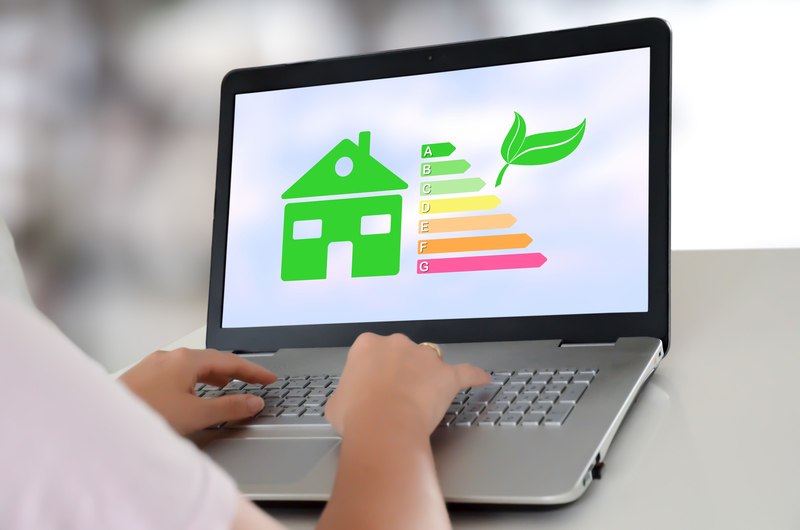Today’s consumers care about efficiency more than ever. As we strive to be better stewards of our planet and deal with rising energy costs, efficiency matters. Thankfully, small changes in home efficiency can make a big difference. Here are three efficiency factors that matter more than you might think.
Your Lightbulbs
Lightbulbs can easily go unnoticed. They are generally tucked away in corners and ceilings, and it is easy to forget about them. However, LED bulbs use far less energy than your typical incandescent bulbs. In fact, 75% less. LED bulbs are also more energy-efficient than compact fluorescent lightbulbs (CFLs). At the same time, LED bulbs last much longer than other types of lighting. You can save around 300$ a year simply by replacing your incandescent light bulbs with LEDs.
Insulation
Another area where efficiency really matters is your insulation. Several factors make insulation more or less effective. This includes the type of insulation, the amount of insulation, and how well the insulation is installed. Most insulation should be installed by a professional to ensure that it is done properly. Insulation is measured by the maximum thermal performance or R-value. The most energy-efficient attic insulation is spray foam. While fiberglass insulation is less expensive, spray foam insulation expands to create a full barrier in your attic. There are several efficient wall cavity insulation materials available, including fiberglass, spray foam, and cellulose. While many homeowners focus on the energy efficiency of the HVAC system itself, that is only part of the issue. It won’t matter how efficient your HVAC unit is if you have insulation issues.
Your Appliances
The Appliance Standards Awareness Project (ASAP) claims that switching your old appliances with energy-efficient models can save the average homeowner up to 500$ per year on utility costs. To find the most efficient appliances, check the label. Major home appliances are required by law to be labeled according to their energy usage. This includes refrigerators, freezers, dishwashers, clothes washers, dryers, furnaces, air conditioners, lighting, and more. When reading the energy label, the lower the number, the higher the savings. You can also look for the energy star rating.
You don’t have to make a major overhaul of your home to increase its energy efficiency. Small changes really do matter. When it’s time to purchase new appliances, choose energy-efficient models. Also, have your insulation checked out, and get more added if necessary. Finally, consider swapping your lightbulbs out for LEDs. These simple changes can make a big difference.
Check out this article on how to increase your home’s energy efficiency without a major remodel!

